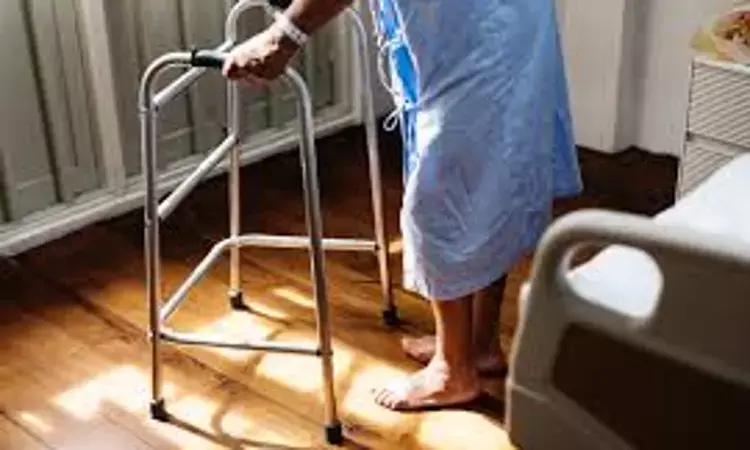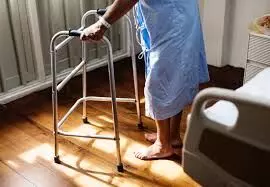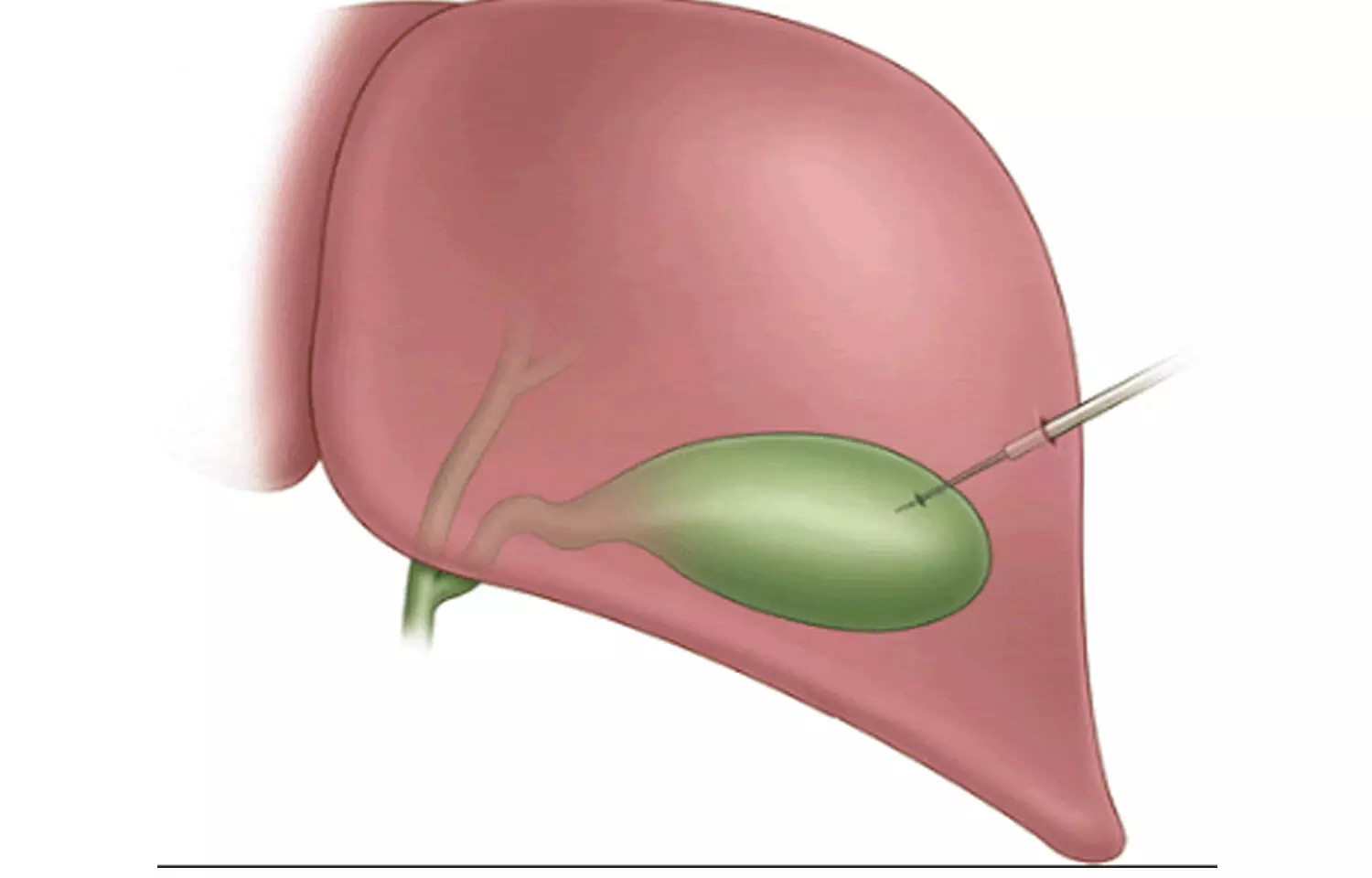- Home
- Medical news & Guidelines
- Anesthesiology
- Cardiology and CTVS
- Critical Care
- Dentistry
- Dermatology
- Diabetes and Endocrinology
- ENT
- Gastroenterology
- Medicine
- Nephrology
- Neurology
- Obstretics-Gynaecology
- Oncology
- Ophthalmology
- Orthopaedics
- Pediatrics-Neonatology
- Psychiatry
- Pulmonology
- Radiology
- Surgery
- Urology
- Laboratory Medicine
- Diet
- Nursing
- Paramedical
- Physiotherapy
- Health news
- Fact Check
- Bone Health Fact Check
- Brain Health Fact Check
- Cancer Related Fact Check
- Child Care Fact Check
- Dental and oral health fact check
- Diabetes and metabolic health fact check
- Diet and Nutrition Fact Check
- Eye and ENT Care Fact Check
- Fitness fact check
- Gut health fact check
- Heart health fact check
- Kidney health fact check
- Medical education fact check
- Men's health fact check
- Respiratory fact check
- Skin and hair care fact check
- Vaccine and Immunization fact check
- Women's health fact check
- AYUSH
- State News
- Andaman and Nicobar Islands
- Andhra Pradesh
- Arunachal Pradesh
- Assam
- Bihar
- Chandigarh
- Chattisgarh
- Dadra and Nagar Haveli
- Daman and Diu
- Delhi
- Goa
- Gujarat
- Haryana
- Himachal Pradesh
- Jammu & Kashmir
- Jharkhand
- Karnataka
- Kerala
- Ladakh
- Lakshadweep
- Madhya Pradesh
- Maharashtra
- Manipur
- Meghalaya
- Mizoram
- Nagaland
- Odisha
- Puducherry
- Punjab
- Rajasthan
- Sikkim
- Tamil Nadu
- Telangana
- Tripura
- Uttar Pradesh
- Uttrakhand
- West Bengal
- Medical Education
- Industry
Frailty in old age associated with complications after cholecystectomy: Study

USA: Frail patients undergoing cholecystectomy are at a higher risk of adverse postoperative outcomes, according to a recent study in the journal HPB.
Cholecystectomy is the surgical procedure for the removal of the gall bladder. It is commonly used for the treatment of symptomatic gallstones and other gallbladder conditions.
Frailty is a geriatric syndrome characterized by weight loss, weakness, and low activity that potentially affects postoperative outcomes. Considering this, David Uihwan Lee, Tufts Medical Center, Boston, MA, USA, and colleagues aimed to evaluate the relationship between clinical frailty and post-cholecystectomy outcomes using a national registry of hospitalized patients.
For this purpose, the researchers used the 2011-2017 National Inpatient Sample database to identify patients who underwent cholecystectomy. Using the Johns Hopkins ACG frailty definition, the patients were stratified into binary (frailty and no-frailty) and tripartite frailty (frailty, prefrailty, no-frailty) indicators. The controls were matched to study cohort using 1:1 propensity score-matching and postoperative outcomes were compared.
Key findings of the study include:
· Post-match, using the binary term, frail patients (n=40067) had higher rates of mortality (OR 2.07), length of stay, costs, and complications. In multivariate, frailty was associated with higher mortality (aOR 2.06).
· When using tripartite frailty term, prefrail (n=35595) and frail (n=4472) patients had higher mortality (prefrailty: OR 2.04; frailty: OR 2.49), length of stay, costs, and complications.
· In multivariate, prefrailty and frailty were associated with higher mortality (prefrailty: aOR 2.02; frailty: aOR 2.54).
"This study shows the presence of frailty (and prefrailty) is an independent risk factor of adverse postoperative outcomes in patients undergoing cholecystectomy," concluded the authors.
Reference:
The study titled, "The impact of frailty on the postoperative outcomes of patients undergoing cholecystectomy: propensity score matched analysis of 2011-2017 US hospitals," is published in the journal HPB.
DOI: https://www.hpbonline.org/article/S1365-182X(21)00173-8/fulltext
Dr Kamal Kant Kohli-MBBS, DTCD- a chest specialist with more than 30 years of practice and a flair for writing clinical articles, Dr Kamal Kant Kohli joined Medical Dialogues as a Chief Editor of Medical News. Besides writing articles, as an editor, he proofreads and verifies all the medical content published on Medical Dialogues including those coming from journals, studies,medical conferences,guidelines etc. Email: drkohli@medicaldialogues.in. Contact no. 011-43720751




